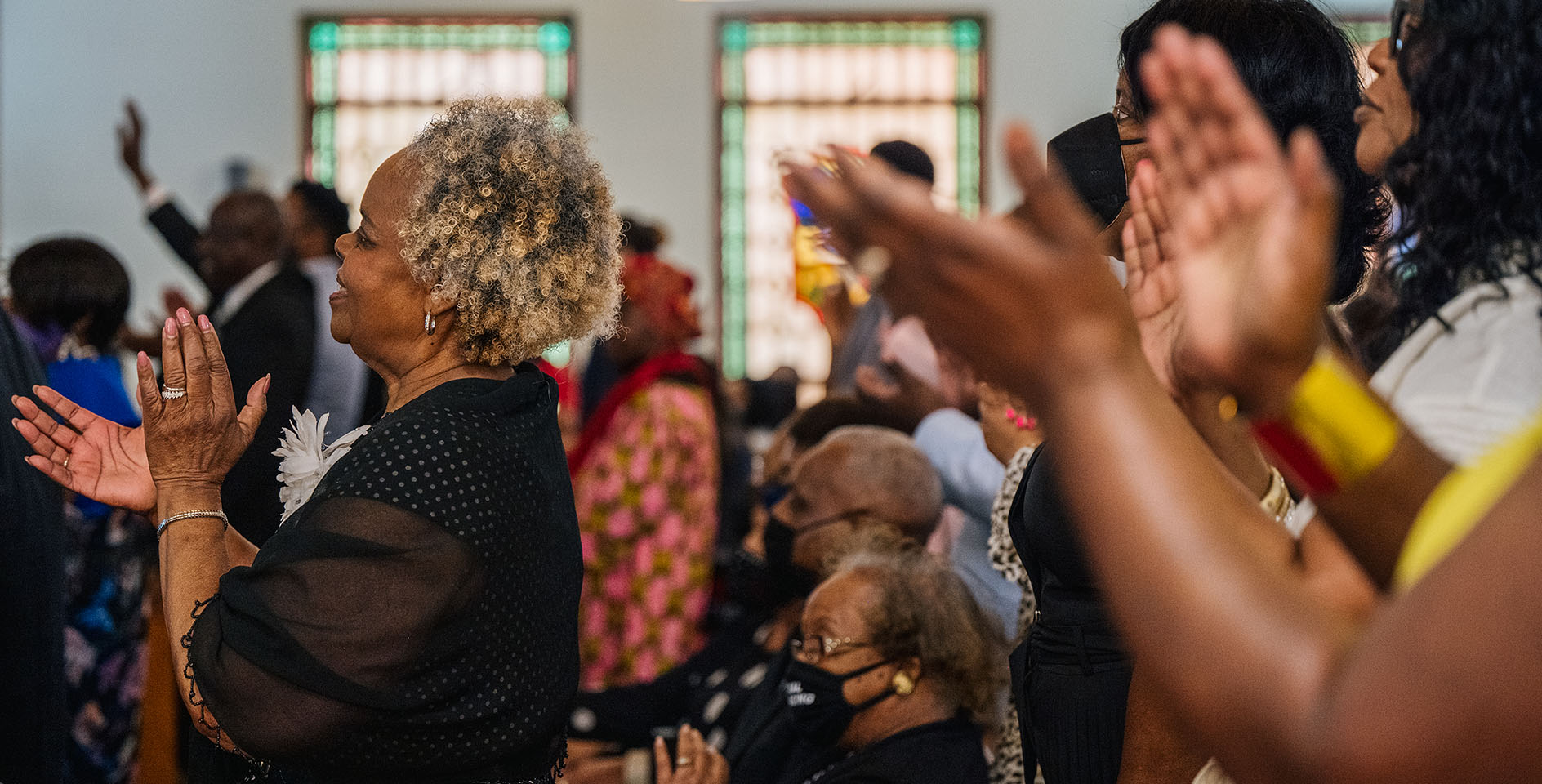Once upon a pre-election Sunday, in an simpler era of Presidential politics, I stood before my Bible-belt congregation of three hundred people and said something like this:
On Tuesday, we have a choice between two candidates. One supports life, that every human inside and outside the womb should have a chance. And one candidate supports the pro-choice position, which puts women and children at risk. Let me encourage you to choose life.
It was, at least in my mind, appropriate, but as soon as I finished my statement, two couples walked out on me. In front of God and everyone, they gathered their things, stood up and walked out the door. I was shocked.
That was my first experience with how politics can divide people who should love one another, but those were grade school shenanigans compared to the raging vitriol of this past election season. We can only romanticize about the good ole days when we simply divided into Republican, Democrat and Independent camps. Now our differences are strikingly nuanced and impassioned, but, in Christ, those differences do not have to divide us.
The apostle Paul wrote to a divided church in Galatia:
For as many of you as have been baptized into Christ have put on Christ like a garment. There is no Jew or Greek, slave or free, male or female; for you are all one in Christ Jesus. And if you belong to Christ, then you are Abraham’s seed, heirs according to the promise. Galatians 3:27-29
Paul wrote to remind them and all of us that our shared identity in Christ is built upon a sacred covenant secured by the blood of Christ. Christians have moved from death to life so that our union with one another is built on our spiritual union with Christ. So Christian unity is not a utopian ideal for people who decry conflict. Instead, it is realized in the practical behaviors of those who are clothed in the righteousness of Christ.
In the wake of the division this political season created and exposed, consider these four practical ways Christians can rebuild a sustainable unity in the church that will advance the Kingdom of God in the world:
- Give increasing attention to the gospel. When my older brother and I would fight as kids, our mom would often say, “Can’t we all just get along?” That was a good question, but Paul did more than ask the Galatians to stop fighting. In this letter and in every letter that he wrote, he established a foundation for Christian living in the deep roots of the gospel. The goodness of God exhibited in the cross of Christ is the basis for Christian community and mission. The more we understand God’s grace toward us, the greater our capacity to extend it to one another.
- Show respect to people wherever you find them. When Paul said there is “no Jew or Greek, slave or free, male or female,” he was not saying that Jews stop being Jews, slaves are no longer slaves or that males and females lose their gender. He was saying that our differences are not an occasion for judgment. Christians make room for other Christians to work out their salvation, and we do not require something of them that God does not require. Instead, we show respect to people, whoever they are and wherever we find them.
- Yield to the inner work of the Holy Spirit. When factions, dissensions, envy and strife are present, we are tempted to create rules or laws that will mandate peace. Rules may provide a sense of order, but only the Holy Spirit can make peace. So relationships are healed and genuine community is built when believers reject selfishness and yield to the inner work of the Holy Spirit.
- Help people do their heavy lifting. We naturally focus on the issues that are important to us, but other people focus on the things that are important to them. Paul told the Galatians to turn their attention away from themselves in order to “carry one another’s burdens” (Gal. 6:2). Christian unity is a call to help people do the heavy lifting they would otherwise have to do for themselves. And when we share the load of someone else’s trouble, we help them, but ultimately we “fulfill the law of Christ.”
When those church members walked out on me fifteen years ago, I was shocked. At first, I was shocked that my words were offensive, but then I was shocked by what their act revealed about my heart. I was shocked by how I claimed to care so much for babies I did not know and how I cared so little about people that I did. I was shocked by how seldom I trusted the Holy Spirit to do his work as I looked for ways to defend my own. I was shocked by how unwilling I was to help people that refused to help me.
I was most shocked, however, to discover that Christian unity is not the result of unanimous agreement with me, but that it is found only in the graveyards of believers who have died to themselves and live to Christ.










